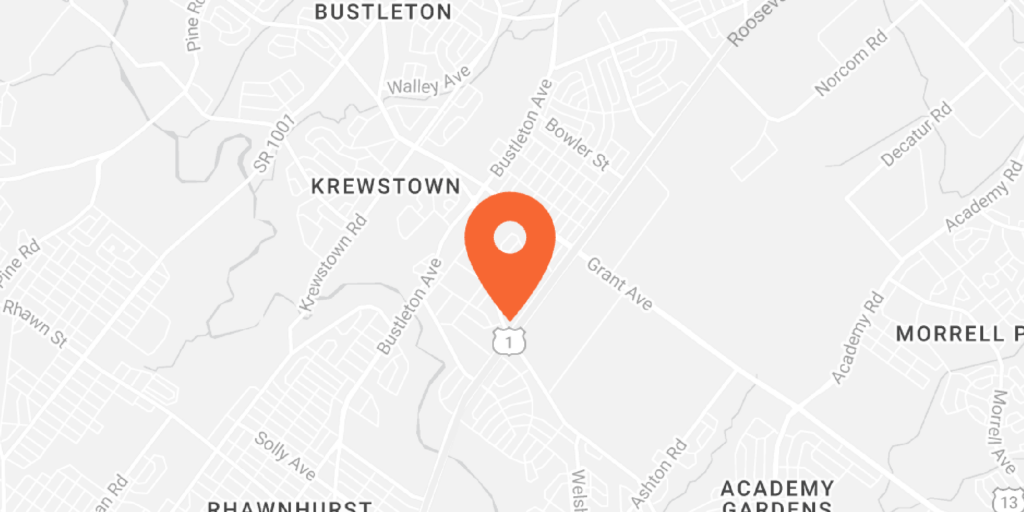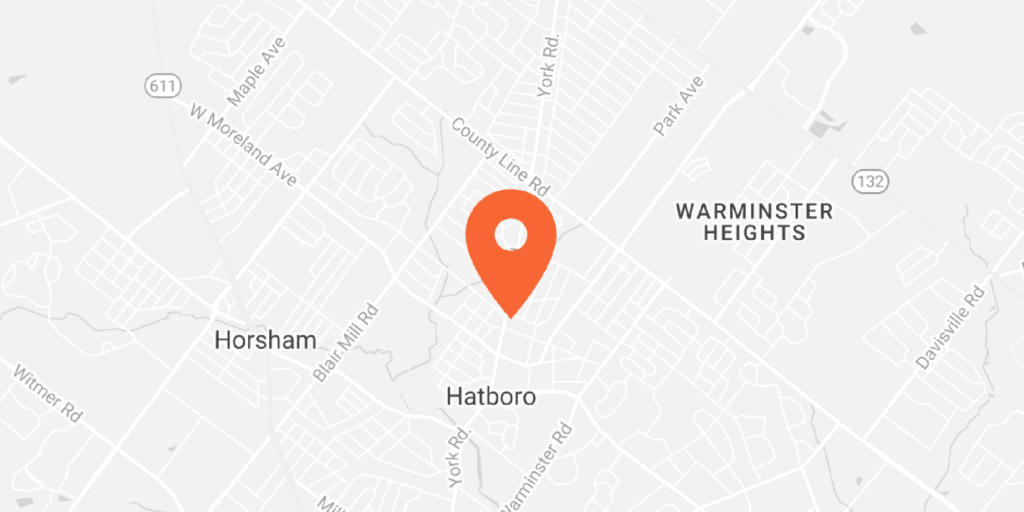Here are 7 causes of jaw pain.
1. Injury
The most obvious cause of jaw pain is an injury to the jaw. If you have been in an accident or recently fell or were hit in your face and start to experience jaw pain soon after, then an injury to the joint of your jaw is most likely the culprit.
2. Cluster headaches
If besides pain in the jaw, you are also experiencing pain behind or around your eyes, then the jaw pain might be due to cluster headaches which are one of the most painful type of headaches.
3. Sinusitis
When you suffer from sinusitis, you tend to get a lot of pressure under your eyes but it also radiates down to your jaw. If you have allergies or get a lot of sinus infections, then the jaw pain might be related to that.
4. Tooth pain
If you haven’t been to the dentist in a while and are suffering from jaw pain and there doesn’t seem to be any other causes, it could be a tooth abscess. Make an appointment with your dentist as soon as possible.
5. Nerve damage
Sometimes jaw pain could come from nerve pain. Trigeminal neuralgia is a condition caused by compression on the trigeminal nerve which provides sensation to the face, including your upper and lower jaw. If you think this is the culprit, see your primary physician as soon as possible.
6. Heart Attack
Probably one of the most surprising reasons for jaw pain is a heart attack. Not everyone has jaw pain while having a heart attack, but for some people it may be one of the early signs. While chest pain is the traditional big symptom, many women will experience pain in the jaw along with pain in the arms, back and neck.
7. TMJ Disorder
Temporomandibular Joint Disorder is probably one of the most common causes of jaw pain. The TMJ joints are on either side of the back of your jaw and are responsible for the proper movement of the lower mandible. There is also a series of ligaments, nerves and muscles that all work together to help you chew and speak. When there is a disruption in the functioning caused by a bad bite, a bad habit like clenching or grinding of the teeth or trauma, it can lead to a TMJ disorder.
Besides jaw pain, there are other symptoms that might suggest a TMJ disorder. Symptoms to be on the lookout for include:
- a popping and clicking sound when you open and close your mouth
- Stiffness in your jaw, the most severe leading to your jaw locking into position
- Facial swelling around the joint area that is tender to the touch
- Ringing or pain the ear that is not related to an infection.
- Chronic headaches or migraines
- Tooth pain or sensitivity
- Discomfort in the neck, shoulders and upper back
Causes of TMJ disorder range from stress-induced teeth grinding to trauma to structural issues. If you have any of these symptoms make sure you are evaluated for TMJ disorder right away.
Common Ways to Treat Jaw Pain
For immediate relief, you can apply heat and ice packs to your jaw or take pain relievers like ibuprofen and acetaminophen. Sometimes massage your jaw point can also help. Try to also avoid eating really chewy foods like apples, ice, candy and gum.
Stress can also exacerbate jaw pain so reducing stress in your life and making lifestyle changes like taking up yoga and meditation. Too much caffeine can also cause extra muscle tension.
You should also get evaluated by a medical professional as soon as possible. During your evaluation by a doctor or dentist, they will listen and feel your jaw as you open and close your mouth, observing the range of motion you have. They will also press on areas around the jaw to see if there is any tenderness or soreness.
If they think the underlying issue might be dental, then you will need to get a dental X-ray. A CT scan and a MRI can also be used to get more images of the joints. Sometimes they will also request that a TMJ arthroscopy be done as well if they suspect TMJ Disorder. This is when a small tube is inserted into the joint space with a small camera to get a better view of the area.
Treating TMJ Disorder
Though some milder TMJ conditions that are mainly the result of overuse can be resolved on their own, it is always a good idea to get an examination to determine how severe the TMJ dysfunction is. Don’t wait until the pain is so severe that you can’t continue functioning normally.
Treatment for TMJ disorder can vary depending on the severity of the disorder and the root cause. Here are the most common treatments:
- Most basic treatment includes doing simple muscle exercises and limit the consumption of hard or chewy foods and use compresses to ease the pain and discomfort.
- Wear an occlusal appliance at night, similar to a night guard, to help reposition the jaw and to keep the upper and lower jaw from grinding into one another.
- Medications can sometimes help including non-steroidal anti-inflammatory drugs and muscle relaxants.
- Undergo arthrocentesis, a procedure where small needle are inserted into the joint to irrigate the joint and get rid of any inflammation.
- Get corticosteroid injections to reduce pain and inflammation.
- If the underlying issue is a bite issue, than orthodontic treatment like braces can help readjust the alignment and reduce symptoms.
- If it seems like more a structural problem, you might need open-joint surgery.
If your TMJ symptoms are caused by bite issues, then orthodontic treatment is the best option for fixing the problem and getting your relief. When your teeth are realigned, your TMJ should also shift back into its proper place too.
No matter how you choose to solve your TMJ, just make sure you don’t put off treatment until your condition is a lot more severe. Beside the TMJ getting worse, you will also be at greater risk of cavities and gum disease because it will be more difficult to practice good oral hygiene when you are in a lot of pain.
Want to know more about recognizing and treating jaw pain, call Orthodontics Limited today.



